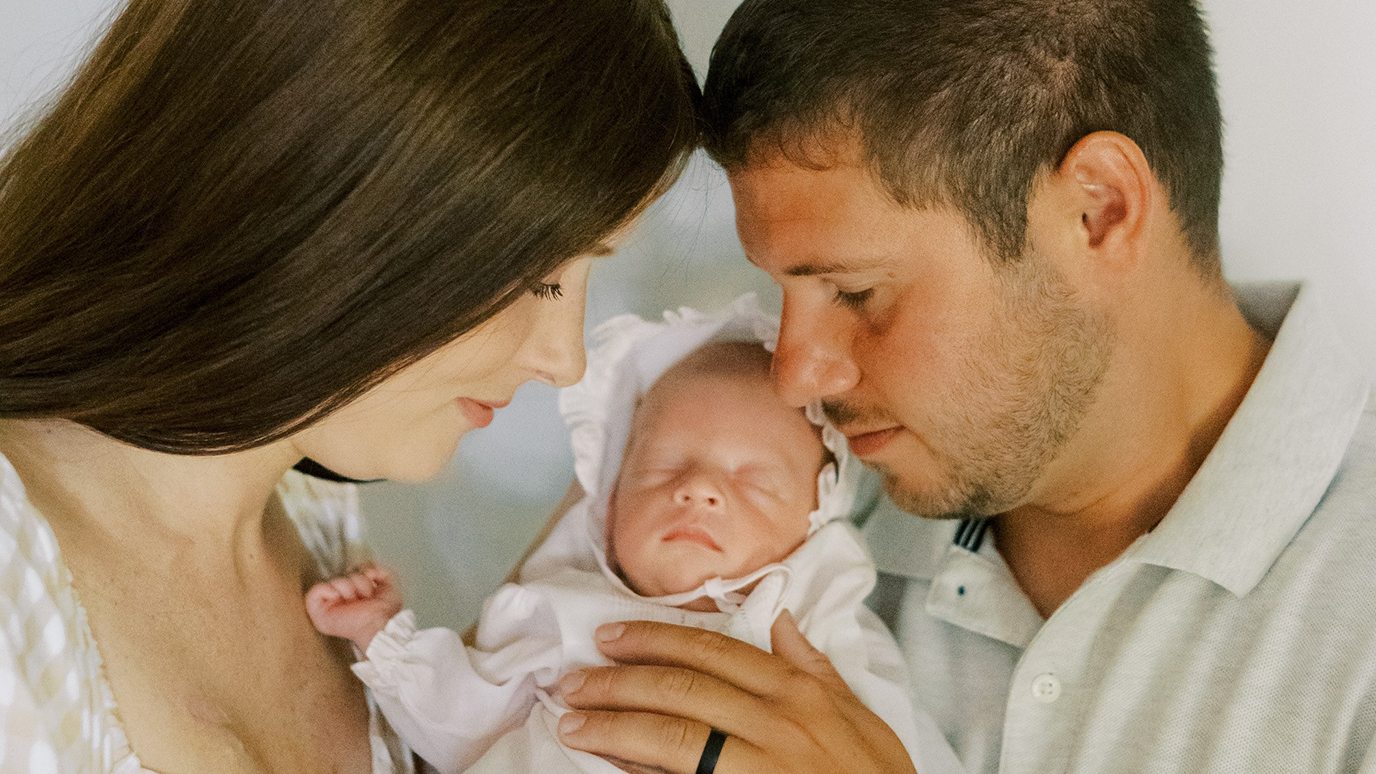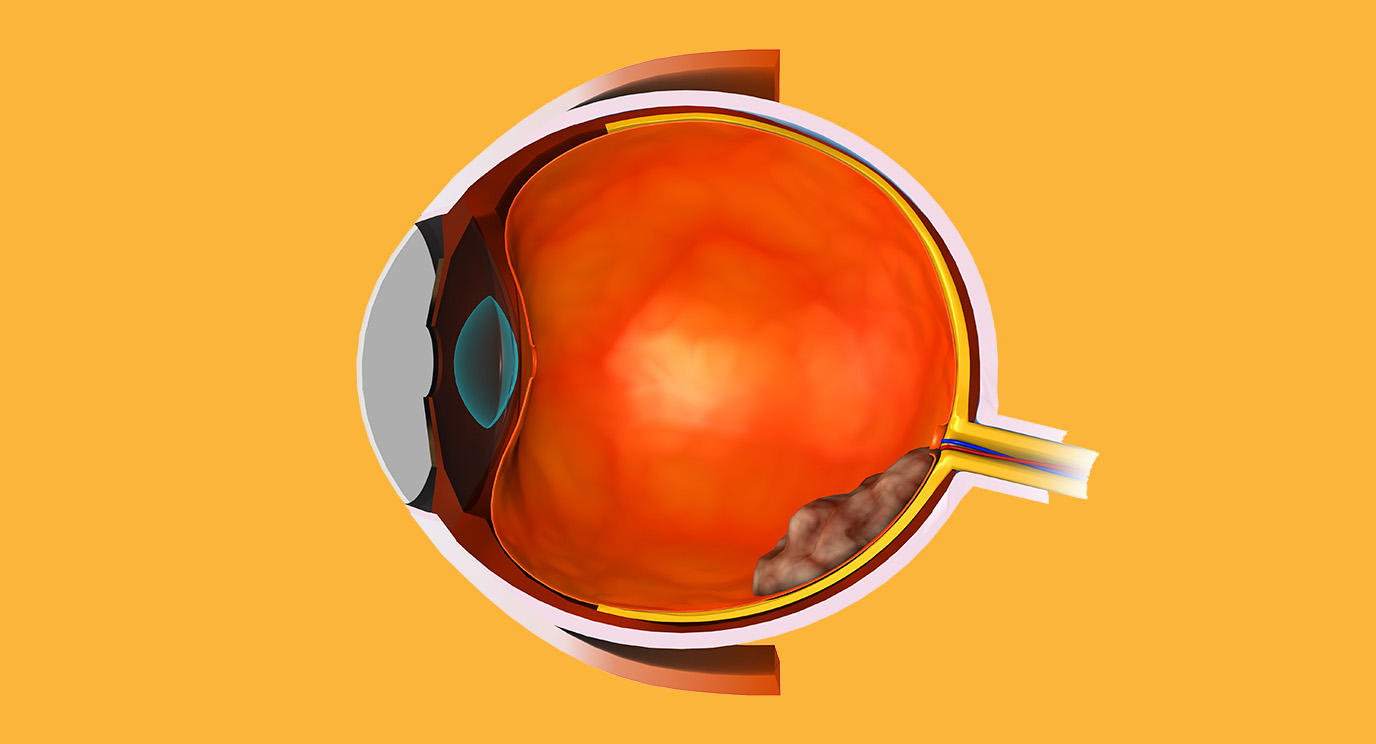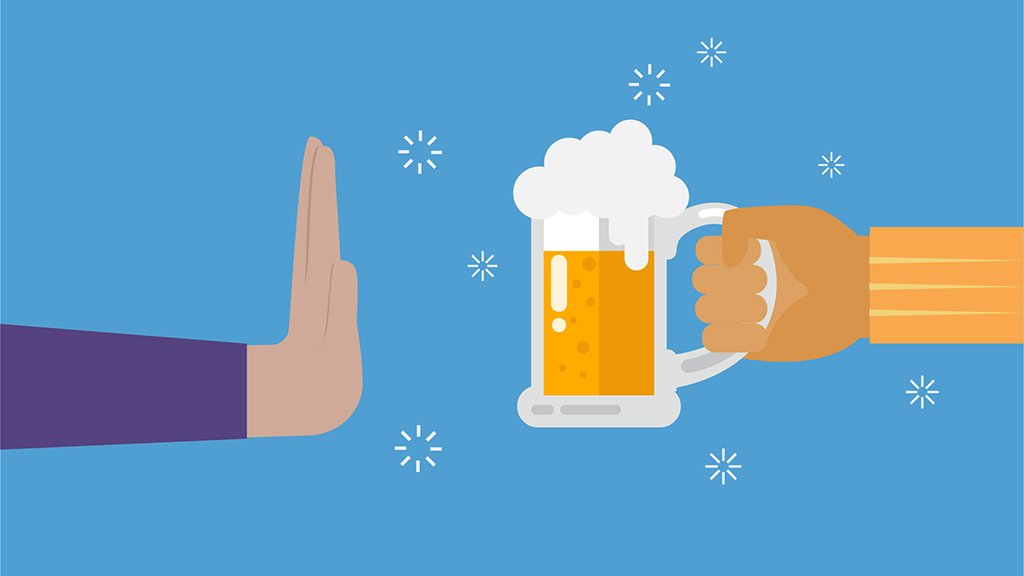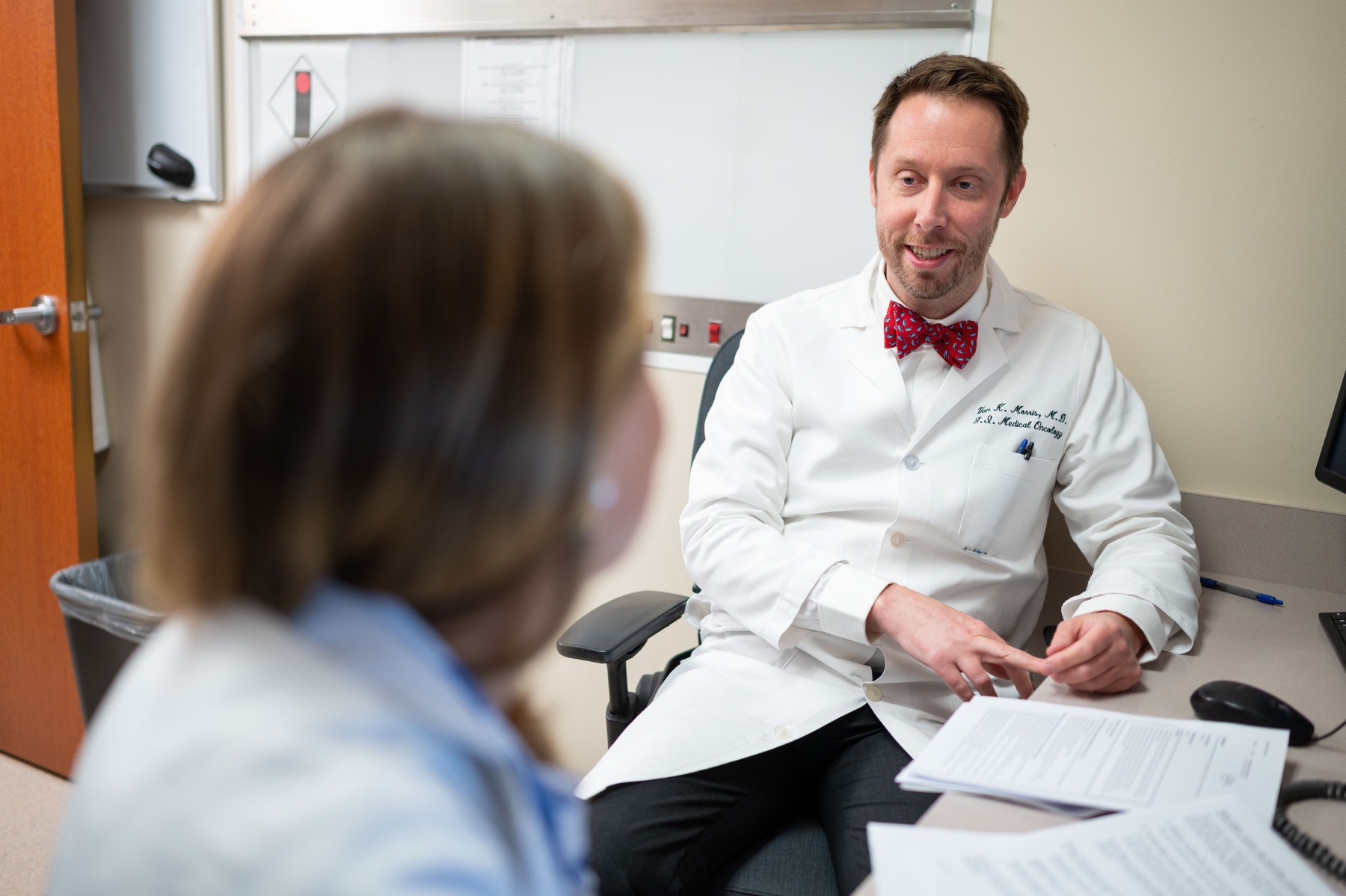- Diseases
- Acoustic Neuroma (16)
- Adrenal Gland Tumor (24)
- Anal Cancer (70)
- Anemia (2)
- Appendix Cancer (18)
- Bile Duct Cancer (26)
- Bladder Cancer (74)
- Brain Metastases (28)
- Brain Tumor (234)
- Breast Cancer (726)
- Breast Implant-Associated Anaplastic Large Cell Lymphoma (2)
- Cancer of Unknown Primary (4)
- Carcinoid Tumor (8)
- Cervical Cancer (164)
- Colon Cancer (168)
- Colorectal Cancer (118)
- Endocrine Tumor (4)
- Esophageal Cancer (44)
- Eye Cancer (36)
- Fallopian Tube Cancer (8)
- Germ Cell Tumor (4)
- Gestational Trophoblastic Disease (2)
- Head and Neck Cancer (14)
- Kidney Cancer (130)
- Leukemia (342)
- Liver Cancer (50)
- Lung Cancer (286)
- Lymphoma (278)
- Mesothelioma (14)
- Metastasis (30)
- Multiple Myeloma (100)
- Myelodysplastic Syndrome (60)
- Myeloproliferative Neoplasm (6)
- Neuroendocrine Tumors (16)
- Oral Cancer (102)
- Ovarian Cancer (178)
- Pancreatic Cancer (160)
- Parathyroid Disease (2)
- Penile Cancer (14)
- Pituitary Tumor (6)
- Prostate Cancer (150)
- Rectal Cancer (58)
- Renal Medullary Carcinoma (6)
- Salivary Gland Cancer (14)
- Sarcoma (238)
- Skin Cancer (300)
- Skull Base Tumors (56)
- Spinal Tumor (12)
- Stomach Cancer (66)
- Testicular Cancer (28)
- Throat Cancer (92)
- Thymoma (6)
- Thyroid Cancer (100)
- Tonsil Cancer (30)
- Uterine Cancer (86)
- Vaginal Cancer (18)
- Vulvar Cancer (22)
- Cancer Topic
- Adolescent and Young Adult Cancer Issues (22)
- Advance Care Planning (12)
- Biostatistics (2)
- Blood Donation (18)
- Bone Health (8)
- COVID-19 (360)
- Cancer Recurrence (120)
- Childhood Cancer Issues (120)
- Clinical Trials (628)
- Complementary Integrative Medicine (22)
- Cytogenetics (2)
- DNA Methylation (4)
- Diagnosis (238)
- Epigenetics (6)
- Fertility (62)
- Follow-up Guidelines (2)
- Health Disparities (14)
- Hereditary Cancer Syndromes (128)
- Immunology (18)
- Li-Fraumeni Syndrome (8)
- Mental Health (122)
- Molecular Diagnostics (8)
- Pain Management (62)
- Palliative Care (8)
- Pathology (10)
- Physical Therapy (18)
- Pregnancy (18)
- Prevention (936)
- Research (390)
- Second Opinion (78)
- Sexuality (16)
- Side Effects (616)
- Sleep Disorders (10)
- Stem Cell Transplantation Cellular Therapy (216)
- Support (408)
- Survivorship (328)
- Symptoms (182)
- Treatment (1788)
Does cancer treatment cause unwanted weight gain?
3 minute read | Published October 06, 2020
Medically Reviewed | Last reviewed by an MD Anderson Cancer Center medical professional on October 06, 2020
Weight loss is a common side effect of some cancer treatments. But sometimes, the opposite happens — and patients end up packing on the pounds instead of losing them.
So, what causes involuntary weight gain in some cancer patients? And what can patients and their physicians do to counteract this unexpected side effect?
We spoke with integrative medicine specialist Wenli Liu, M.D., to learn more. Here’s what she had to say.
What are the most common causes of involuntary weight gain during cancer treatment?
There are actually several, but the biggest is probably steroids. These are prescribed to prevent inflammatory and anaphylactic reactions to chemotherapy, to reduce swelling in patients with brain tumors, and as a cancer-fighting agent used to treat cancers such as lymphoma/myeloma. The downside is that steroids also act as a major appetite stimulant, which can spur overeating.
Another common cause of involuntary weight gain is hormone-suppressing treatments, such as those received by patients with breast cancer or prostate cancer. Hormones have a tremendous effect on metabolism. Hormonal treatments for breast and prostate cancer can result in involuntary weight gain.
The third example is fear: the fear of losing weight. Sometimes, patients are so afraid that they’ll become emaciated or unable to eat that they force themselves to do so while they still can, even when they’re not losing weight at all. Over time, that can lead to weight gain, too.
Is involuntary weight gain more common with certain types of cancers?
Yes, definitely. I’d say that breast cancer patients are the majority of patients who come to us for help with weight gain. Weight gain is also extremely common among patients with prostate cancer, as well as lymphoma, multiple myeloma and chronic leukemia.
What can cancer patients do to help manage weight gain?
Work with a nutritionist to ensure you get adequate nourishment. And be mindful of what you put in your mouth.
It’s not enough to stay purely number-focused, like by making sure you eat a certain number of calories or grams of protein per day. Because the numbers of total calorie and protein are not the only or complete quality of your diet. For instance, if your diet consists mostly of fast food, it will have a totally different nutritional profile than it would if you were mostly eating plant-based and whole foods. Both diets may meet your caloric or protein goals, but one has serious nutrient deficiencies and is very unbalanced — and the other is not.
What can doctors do to help their patients counteract involuntary weight gain?
Prescriptions are available that can help suppress appetite, but managing diet is really the key. Doctors can educate patients on what an adult human body needs to thrive, but I would say 90-95% of the burden is really on patients, to watch what they eat.
An integrative care plan that incorporates strategies to manage stress and provide guidance on diet and exercise is the best approach.
Why is it important to get cancer-related weight gain under control quickly?
When you look at the overall chances of developing chronic diseases like heart disease, diabetes and cancer, obesity is a known risk factor. And carrying excess weight has a documented adverse effect on health. Nutritionally unbalanced diets increase your risk of those diseases. So, cancer patients who are overweight have a greater chance of developing diabetes and heart disease than the general population.
Are there any clinical trials underway related to managing weight gain as a side effect of cancer treatment?
We have one clinical trial related to lifestyle, but it’s not limited to weight management. Participants get coaching from health psychologists and dieticians on how to change their eating behaviors, what healthy choices look like, and how to make their resolutions sustainable.
What’s the one thing you want cancer patients to know about involuntary weight gain?
Numbers are important, but they’re not the most important thing. Mindful eating is all about balance. And there’s no one single superfood that can replace everything else.
Request an appointment at MD Anderson online or by calling 1-866-830-6731.
Related Cancerwise Stories

Managing diet is really the key.
Wenli Liu, M.D.
Physician





